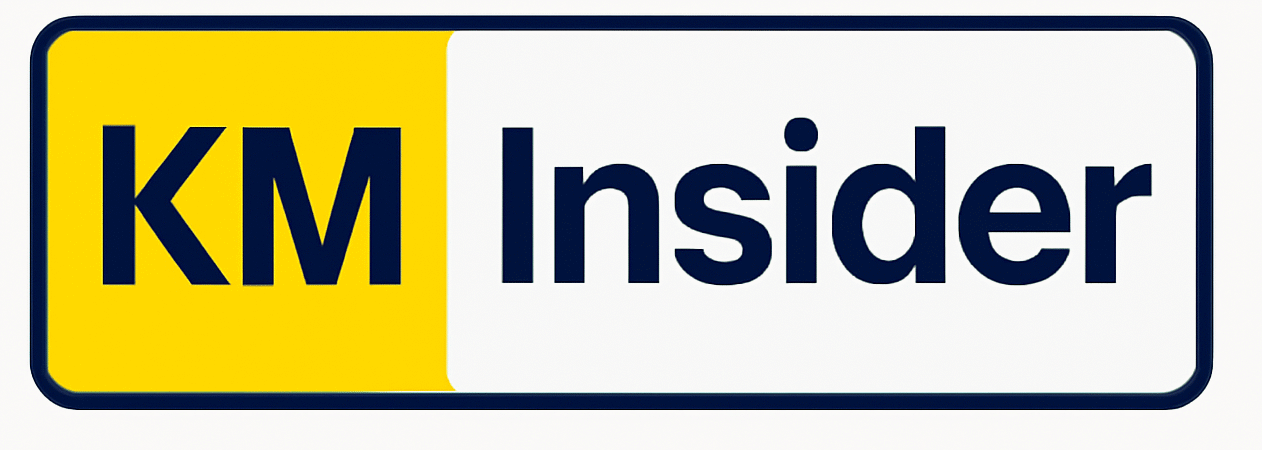How to Build a Knowledge Base in 2025
Knowledge Base strategy that drives outcomes A Knowledge Base in 2025 is a self-service engine that reduces ticket volume, accelerates time to resolution, and protects institutional knowledge. Start by defining the audience (customers, partners, or employees), channels (public help center, in‑product help, internal portal), and measurable outcomes such as deflection lift on the top intents, … Read more
